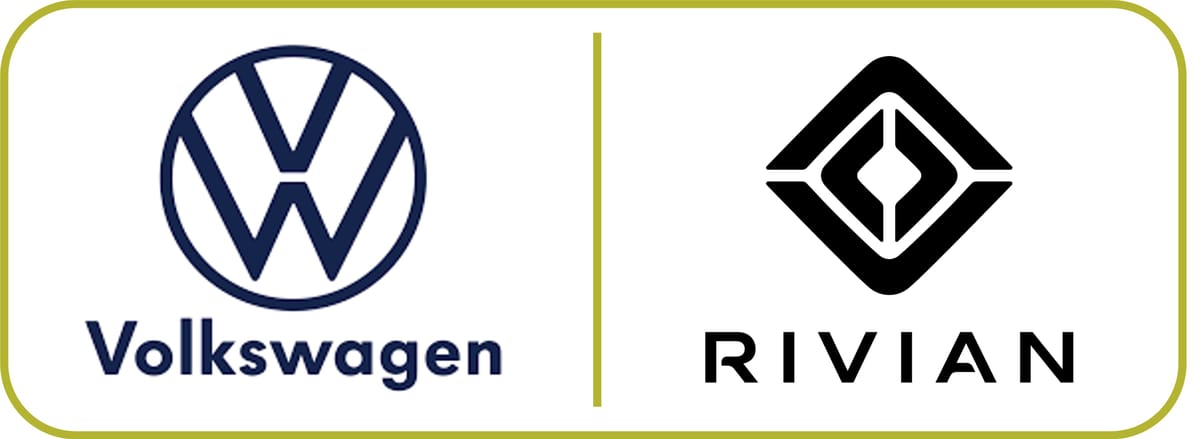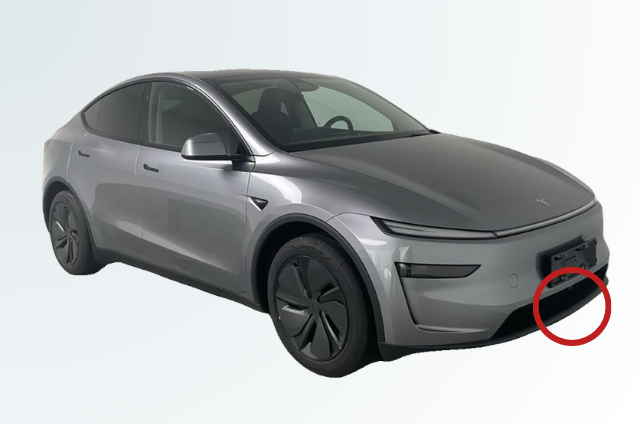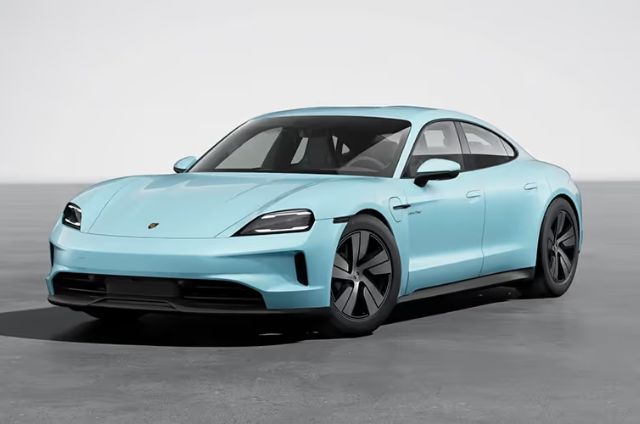Rivian and Volkswagen’s joint venture, valued at $5.8 billion, is set to redefine VW’s electric vehicle (EV) strategy. While their collaboration will kick off with Golf EV production, its most significant impact could be reviving Volkswagen’s stalled flagship EV initiative, Project Trinity.
What Is Project Trinity?
First introduced in 2021, Project Trinity was not just one EV but Volkswagen’s ambitious plan to develop a new lineup of advanced electric vehicles. Under a massive €89 billion budget for electrification and digitalization, VW envisioned transforming its production plants and rolling out cutting-edge EVs.
One key component of the project was a state-of-the-art factory in Wolfsburg Warmenau, near Volkswagen’s headquarters. Approved in 2022 with a $2 billion budget, the facility was designed to produce the all-electric Trinity sports sedan using Tesla-style megacasts and advanced automation, targeting 20%-30% automation in the manufacturing process.
The first Trinity models were expected to hit the market by 2026. However, changes in leadership and shifting priorities left the factory plans stalled, jeopardizing Volkswagen’s vision for the future.
Enter Rivian: A Catalyst for Trinity
Now, Rivian’s expertise and technological advancements are poised to breathe new life into Project Trinity. The joint venture between Rivian and Volkswagen offers an opportunity to accelerate production timelines and inject innovation into VW’s EV ambitions.
“Whenever we see opportunities to accelerate development and get into a space faster, partnerships are a good way of accelerating,” said Thomas Schaefer, CEO of Volkswagen Passenger Cars.
With Rivian’s influence, VW can leverage cutting-edge EV technology and streamline its processes to regain momentum on Trinity.
Why This Matters?
Project Trinity represents more than a single EV. It’s a roadmap for Volkswagen’s transition to electric mobility, featuring goals like:
- Mass electrification: By 2026, VW aims for one in four vehicles sold to be battery-electric.
- Innovation in production: Tesla-inspired megacasts and high factory automation promise reduced costs and increased efficiency.
- A new EV identity: The Trinity sedan was envisioned as a high-performance, high-tech flagship for the brand.
Rivian’s involvement could be the push Volkswagen needs to move forward with its stalled plans, positioning the German automaker to compete more aggressively in the growing EV market.
What’s Next?
As Rivian and Volkswagen forge ahead with their joint venture, all eyes will be on the rebirth of Project Trinity. With a blend of Rivian’s cutting-edge EV expertise and VW’s production power, this partnership could set a new benchmark for the EV industry.
Will this collaboration finally bring Trinity to life? Only time will tell, but the future looks promising for both brands.



